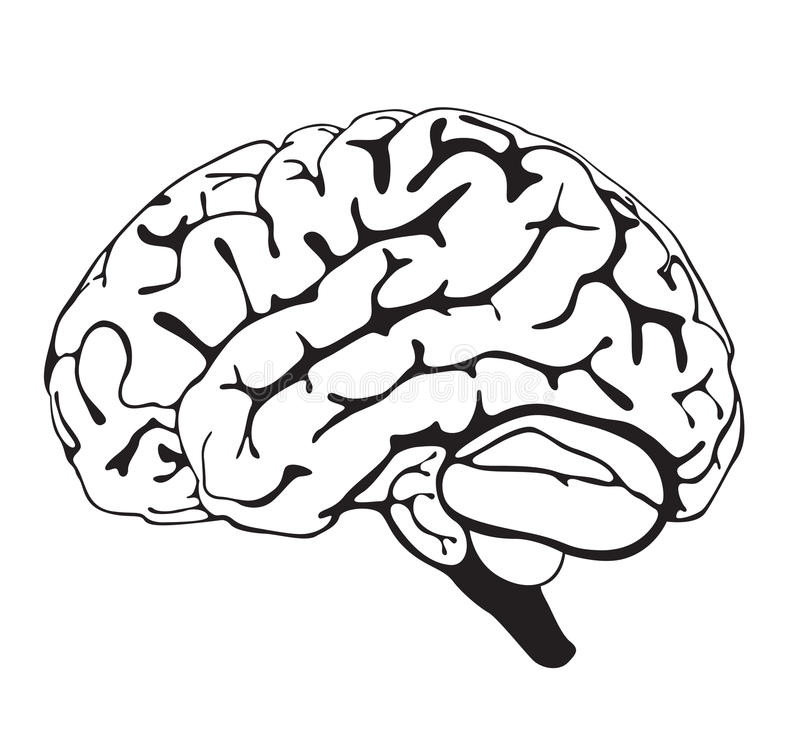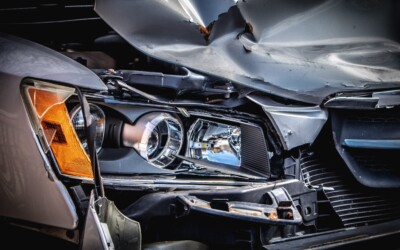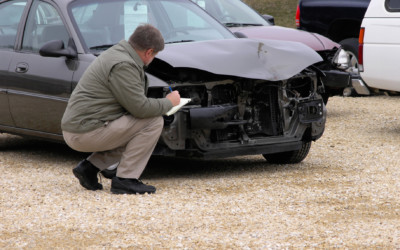New Research: Concussions Double Risk of Dementia

Concussions are common injuries in Nova Scotia for people involved in car accidents. Most doctors understand concussions to be a form of mild traumatic brain injuries. A mild traumatic brain injury is a blow, jolt, or bump to the head that causes disruption to normal brain function. Its severity depends on whether there is loss of consciousness, and the extent of any memory impairment, or altered mental status, and how long these changes last.
Recent Study: Are concussions linked to dementia?
The brain is a complex thing and science is still trying to understand how concussions work and their full impact.
A study recently published in JAMA Neurology is seen as a major breakthrough in understanding the full impacts a concussion/mild traumatic brain injury can have on a person. The study investigated the links between concussion and dementia. It concluded that the risk of developing dementia more than doubled for people who suffered mild traumatic brain injury without loss of consciousness.
The researchers looked at military veterans from the United States who had served in Iraq and Afghanistan. They that found that 17 percent of these veterans said had experienced mild TBI while serving. The researchers noted the majority of the injuries to have been caused by “shockwaves from blasts, rather than blunt trauma,” and they are not necessarily accompanied by loss of consciousness.
The researchers went to two sources of health information on the veterans: (1) a data of “all-era” veterans whose concussions occurred either during service or during their lives as civilians, and (2) data contained records of veterans who had served in Iraq and Afghanistan and whose concussions had occurred during military service. The total tracked by the study was more than 350,000 veterans. The average age of the veterans was 49.
The researchers followed them for an average of 4.2 years. During this time they noting any cases of diagnosed dementia.
Concussions more than double the risk of dementia
After taking into account things like age, gender, race and other medical conditions that may affect the results, the researchers found that concussions were linked to an increased risk of dementia. The data specifically showed the following:
- Concussion without loss of consciousness was tied to a 2.36 times higher risk.
- Concussion with loss of consciousness was tied to a 2.51 times higher risk.
- Moderate to severe concussion was linked to a 3.77 times higher risk.
Notably, the results were very similar for the two sources of data. This gave the researchers the confidence to conclude that concussions that occur during military life are just as likely to have a link to dementia as those that occur in the general population at large.
Understanding the science
Science is still trying to fully understand why there exists a link between concussions and dementia. One of the researchers has suggested that a concussion triggers or speeds up the “accumulation of abnormal proteins” that kills brain cells, such as that which occurs in Alzheimer’s disease. Others are of the view that TBI increases vulnerability to damage from further injuries or aging.
If you have suffered a concussion
Based on this new research, if you have suffered a concussion for the fault of another person you may have a significantly increased risk of developing dementia. You will want to make sure that you speak with your doctors about this possibility.
Our Nova Scotia injury lawyers have significant experience helping accident victims who have suffered a concussion get the help they need and the compensation they deserve. Feel free to reach out to us for a free consultation.






















